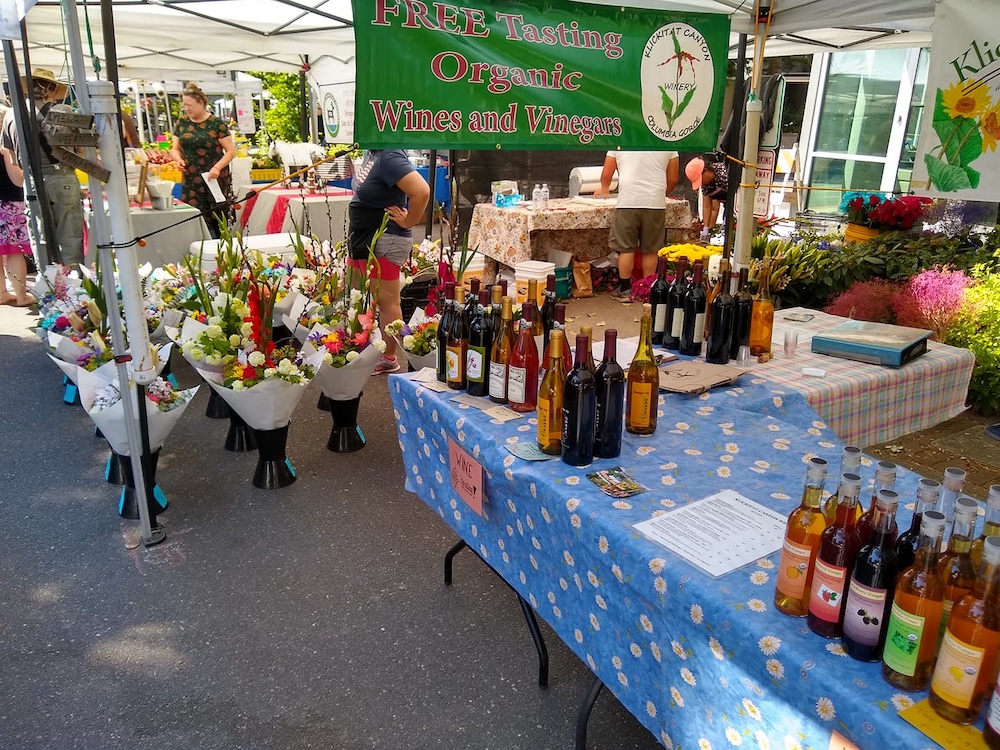Farmers markets are more than just places to buy fresh produce or handcrafted goods. They’re vibrant communities where creativity and entrepreneurship intersect. For small business owners and aspiring entrepreneurs, these environments are incubators for bold farmers market ideas, offering a low-cost, high-visibility platform to test products, refine strategies, and build loyal customer bases.
If you’ve ever considered dipping your toes into entrepreneurship, a farmers market might just be the perfect place to begin.
A Launchpad for Entrepreneurs
Farmers markets provide an ideal setting to test ideas before committing to a full-scale operation. Whether it’s selling homemade jams, organic skincare, or handcrafted jewelry, you’ll gain immediate feedback from customers. Unlike an online store, where communication can feel impersonal, face-to-face interactions let you tweak products, adjust pricing, or explain your unique selling points directly to shoppers.
Are your customers responding to your product packaging? Are they willing to pay the asking price? Do they offer feedback that sparks ideas for improvement? These direct insights are priceless and can help you avoid costly mistakes if you plan to scale your business later.
Farmers markets also help you build brand awareness. Regular shoppers are often loyal to the vendors they discover and trust. By participating in the market weekly or seasonally, you establish consistency and familiarity, which builds relationships and keeps customers coming back. Don’t underestimate the power of word-of-mouth marketing — shoppers love sharing their favorite finds with friends and family.
The community vibe of a farmers market is also a great confidence booster for first-time sellers. Unlike a large-scale retail setting, markets provide a supportive environment where shoppers often expect — and even appreciate — a learning curve. You’re free to experiment and take risks without the pressure of immediate perfection.
Plus, farmers markets have a low barrier to entry. Booth fees are typically affordable, and you don’t need to rent a storefront or deal with the complexities of running a full-fledged retail space. It’s a cost-effective way to test your business while minimizing financial risk.
If you’re considering scaling beyond a market in the future, the experience is proof of concept for potential investors or retailers. A thriving booth shows you’ve already put in the effort to build a customer base and refine your offerings — something that stands out in any pitch or business proposal.
Do You Need a Business License to Sell at Farmers Markets?
This is one of the most common questions newcomers ask. The short answer is yes, in most cases, you do need a business license to sell at farmers markets. However, requirements vary by location and product.
Some markets only ask for proof of insurance or a permit from the local health department if you sell food. Others may require a general business license. Be sure to research the specific rules in your area before setting up your booth. While navigating licenses might seem tedious, it’s a necessary step to operate legally and build trust with your consumers.
What Sells Best at Farmers Markets?
Choosing the right product can make or break your success at a farmers market. Fresh, locally grown produce tends to top the list, followed by baked goods, handcrafted home items, and organic or all-natural products. Trendy items like plant-based foods, natural candles, or unique beverages can also attract a lot of attention.
The secret is to cater to the preferences of your local community. Some markets thrive on traditional offerings, while others draw in a more adventurous crowd eager to try innovative products. The beauty lies in diversity — there’s room for timeless staples and modern, niche items.
Developing a Farmers Market Business Plan
A farmers market business plan is your roadmap to success, helping you set clear goals and stay organized. While it doesn’t have to be exhaustive, there are a few key elements you should focus on.
- Define your product and unique value: Identify what makes your product stand out. Are you offering organic produce, vegan desserts or handmade crafts? What sets your items apart from others at the market? Understanding your niche will make it easier to attract your target audience.
- Set a realistic budget and seek funding: Farmers market costs can vary. Booth rental fees, transport, materials and packaging all add up, so estimate these expenses carefully. If you’re concerned about upfront costs, look into grants and funding options available for small businesses and local food producers. Many options exist from public, private, and government entities.
- Consider marketing and branding: Effective marketing drives customers to your business, boosting sales and cash flow. You’ll need to make your stall inviting and memorable. Invest in eye-catching signage, create an engaging social media presence, and consider offering samples or promotions to draw in new customers. Develop a simple logo or tagline that helps shoppers associate your products with your booth.
- Track performance: Set goals to track your progress. For example, how many customers do you want to reach each week? Keeping track of these metrics allows you to measure what’s working and pivot when necessary.
- Plan for growth: Farmers markets are a great starting point, but what’s your next step? Do you envision selling your products online or partnering with local stores? Your business plan should include long-term goals and outline the steps to get there.
The Ripple Effect
Farmers markets are a fantastic playground for business experimentation. They allow you to take risks, fail, learn, and try again in an encouraging environment. If you’re ready to turn your creative passion into a business, there’s no better place to start.
Jack Shaw is the senior Outdoors writer for Modded, a men’s lifestyle publication. An avid outdoorsman and lover of nature, he’ll often find himself taking retreats out to explore his environment and encourages others to do the same in ways that are sustainable and beneficial to the environment.
Photo courtesy of Klickitat Canyon Winery






